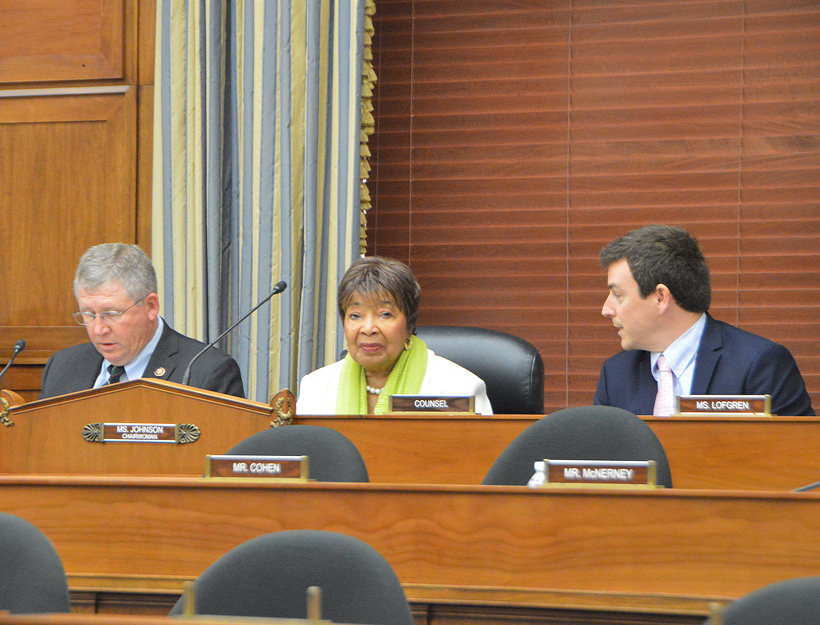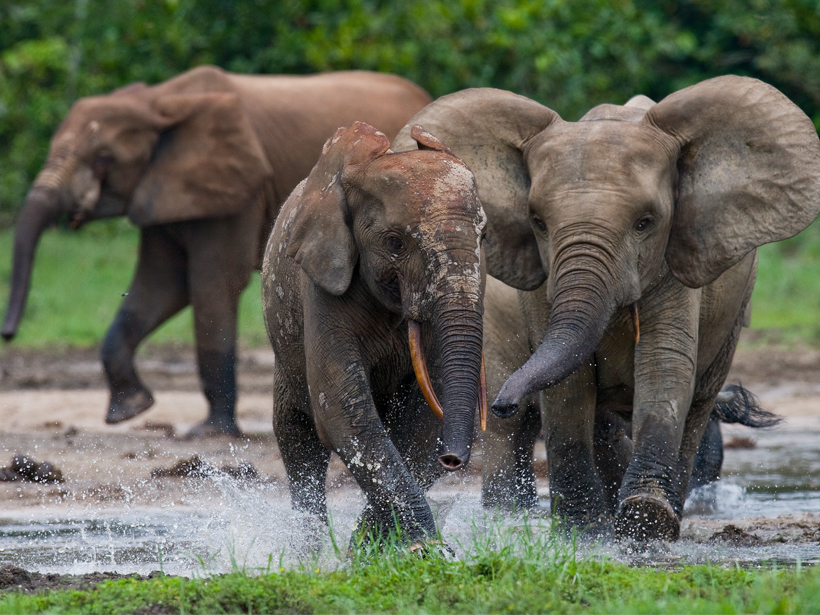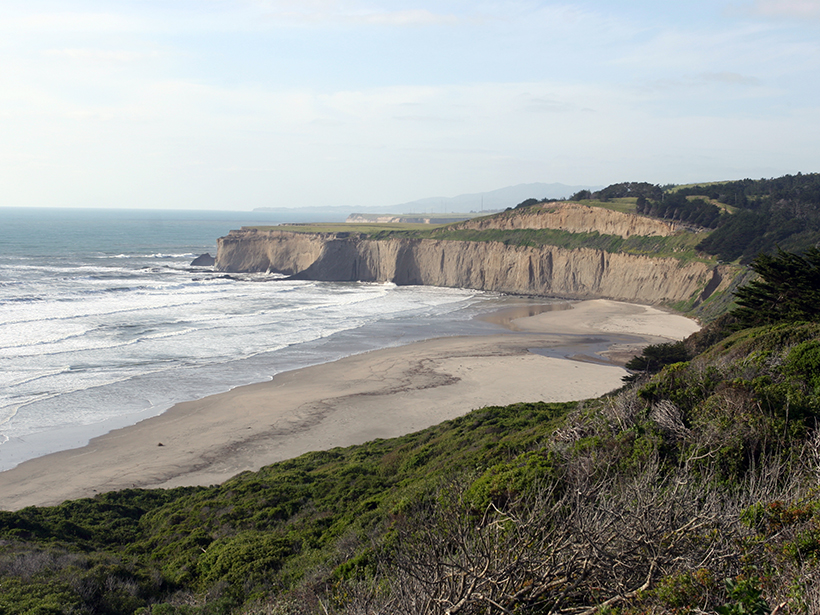New research finds that verifying cryptocurrency produces about the same amount of carbon emissions as the Kansas City metropolitan area.
News
The Cassini Mission May Be Over, but New Discoveries Abound
New analysis of high-resolution images shows ring textures and disruptions within Saturn’s rings in unprecedented detail.
Forum Explores Apollo 11’s Legacy and What’s Next
Scientists focus on how the Apollo 11 mission has shaped our understanding of the Moon, Earth, and planetary neighborhood.
Marshall Islands Nuclear Contamination Still Dangerously High
Today’s radiation levels at some locations were higher than in areas affected by the Chernobyl and Fukushima nuclear disasters.
House Science Chair Questions Plan to Reduce Advisory Committees
Rep. Eddie Bernice Johnson calls on science agencies to provide information about their strategy for implementing the executive order eliminating one third of federal advisory committees.
Elephants Boost Carbon Storage in Rain Forests
Forest elephants are the “gardeners of the Congo.” How might their dwindling population affect carbon storage in the world’s second-largest tropical forest?
Places to Celebrate Apollo 11’s Fiftieth Anniversary
Apollo 11’s golden anniversary is this weekend, but the celebration lasts all year long.
Podcast: Apollo Moon Rocks
In the latest episode of its Centennial series, AGU’s Third Pod from the Sun interviews the curator of the Apollo Moon rocks.
Zombie Worms, Ploonets, and Other Things We’re Reading This Week
What Earth and space science stories are Eos staffers recommending this week?
The Mystery of the Moon’s Missing Metals
For decades, scientists have tried to figure out why the Moon has a thousand times less precious metals than Earth. Turns out the metals may not have been delivered after all.










